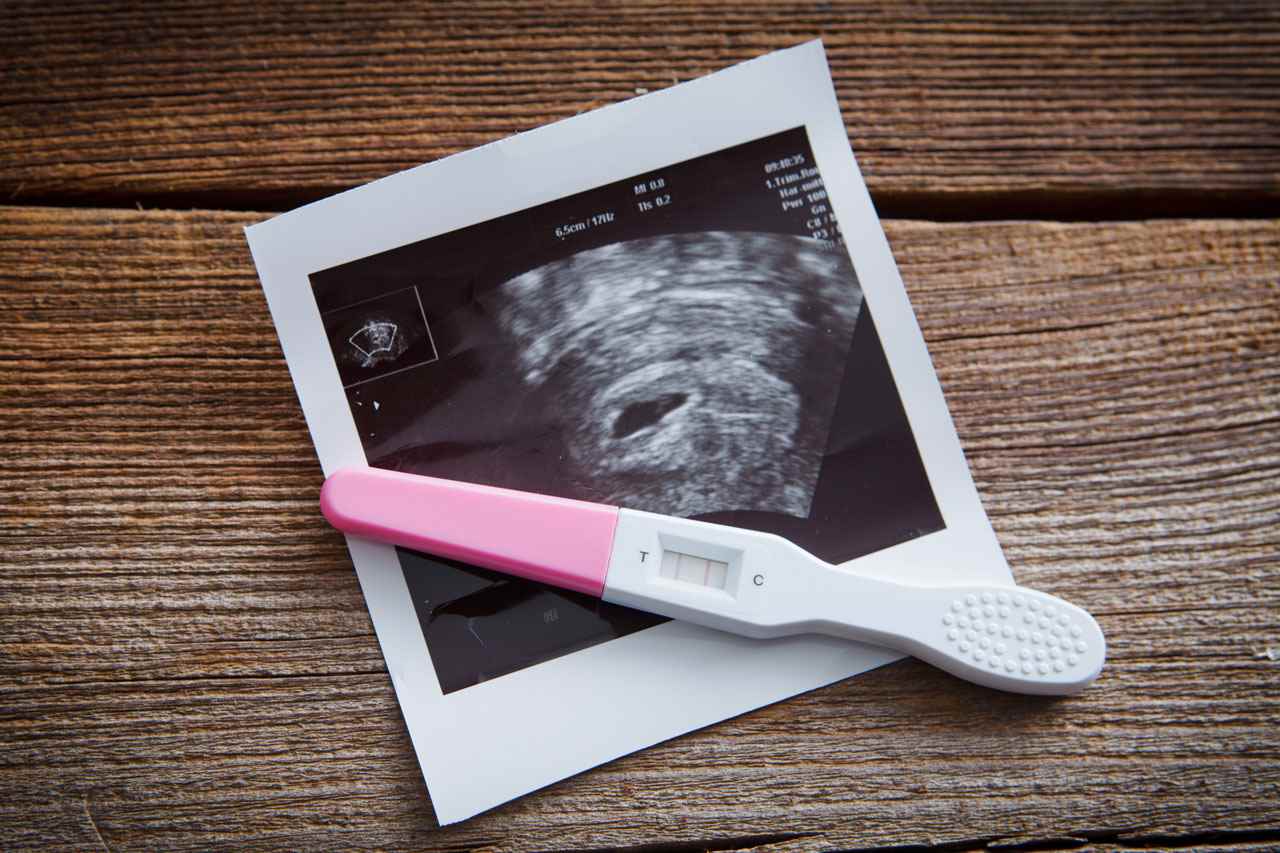Accurately Identifying Your Fertile Days
An egg is viable for about 12 to 24 hours after ovulation, while sperm can survive up to five days in the female reproductive tract. Your highest chance of conception is during the two days leading up to ovulation and the day of ovulation itself.
- Ovulation Tests: Detect the luteinizing hormone (LH) surge and predict ovulation about 24–36 hours in advance.
- Cervical Mucus: Clear, stretchy mucus indicates peak fertility.
- Basal Body Temperature: A temperature rise after ovulation confirms that ovulation has occurred.
Combining multiple methods—such as in symptothermal cycle tracking—tends to be the most reliable way to pinpoint your fertile window.
Ensuring Adequate Micronutrients
Optimizing your nutrient levels before conception can improve your chances of a healthy pregnancy. The following micronutrients are well researched:
- Folic Acid: Taking 400 µg daily starting at conception reduces the risk of neural tube defects in your baby. WHO: 400 µg folic acid daily from conception to 12 weeks (5 mg for higher-risk cases)
- Iodine: 150–200 µg per day supports normal thyroid function, which influences hormone regulation and the menstrual cycle.
- Iron: Women with low ferritin levels (< 30 µg/L) benefit from targeted supplementation to support egg quality. WHO: Daily iron (30–60 mg) and folic acid (400 µg) supplementation for healthy pregnancy
Other supplements like vitamin D or omega-3 fatty acids should only be taken if a deficiency is confirmed. Consult your healthcare provider for personalized advice.
Avoiding Endocrine-Disrupting Chemicals
Chemicals such as BPA, phthalates, and certain pesticides can interfere with hormonal balance and impair fertility. To reduce your exposure:
- Avoid heating or storing food in plastic containers—use glass or stainless steel instead.
- Choose cosmetics free of “fragrance,” “polymer,” or “PEG” to limit chemical residues.
- Wash new clothing before wearing to remove factory-applied chemicals.
Optimizing Your Lifestyle
- Quit Smoking: Smoking reduces ovarian reserve and sperm quality—quitting even a few months in advance can make a difference.
- Limit Alcohol: Women are advised to avoid alcohol preconception, as even small amounts can affect cycle and hormone levels.
- Moderate Caffeine: Up to 200 mg per day (about two cups of coffee) is considered safe; higher amounts may be linked to reduced fertility.
- Maintain Healthy Weight & Exercise: A BMI between 20–25 and at least 150 minutes of moderate activity per week support ovulation and sperm health.
Managing Stress Effectively
Chronic stress raises cortisol levels and can delay or disrupt the LH surge, hindering ovulation. Practices such as meditation, yoga, or breathing exercises have been shown to reduce stress and improve chances of conception.
Just ten minutes of mindful relaxation daily can positively affect cycle regulation and overall well-being.
Timing Intercourse Optimally
Having intercourse every 24–36 hours during your fertile window ensures a steady supply of fresh, motile sperm. Daily intercourse offers no added benefit and can increase stress—aim for two to three times per cycle at peak times.
Patience and Realistic Expectations
Even under ideal conditions, only about 25% of couples conceive each cycle. It can take up to twelve months to achieve pregnancy, which is considered normal for healthy couples. Maintaining a relaxed mindset is important, as psychological stress can further impact fertility.
When to Seek Medical Help
- Under age 35: after 12 months of regular, unprotected intercourse without conception.
- Age 35 and over: after six months, given the natural decline in ovarian reserve.
A basic hormone panel, ultrasound, and semen analysis can identify common issues—many of which can be effectively treated.
WHO: Approximately 17.5% of couples worldwide are affected by infertility—about 1 in 6
Conclusion
Planning for pregnancy ideally starts before conception: understand your cycle, ensure proper nutrient intake, minimize environmental and psychological stressors, maintain a healthy lifestyle—and most importantly, be patient. If conception doesn’t occur, medical evaluation and modern treatments can help fulfill your family goals.

